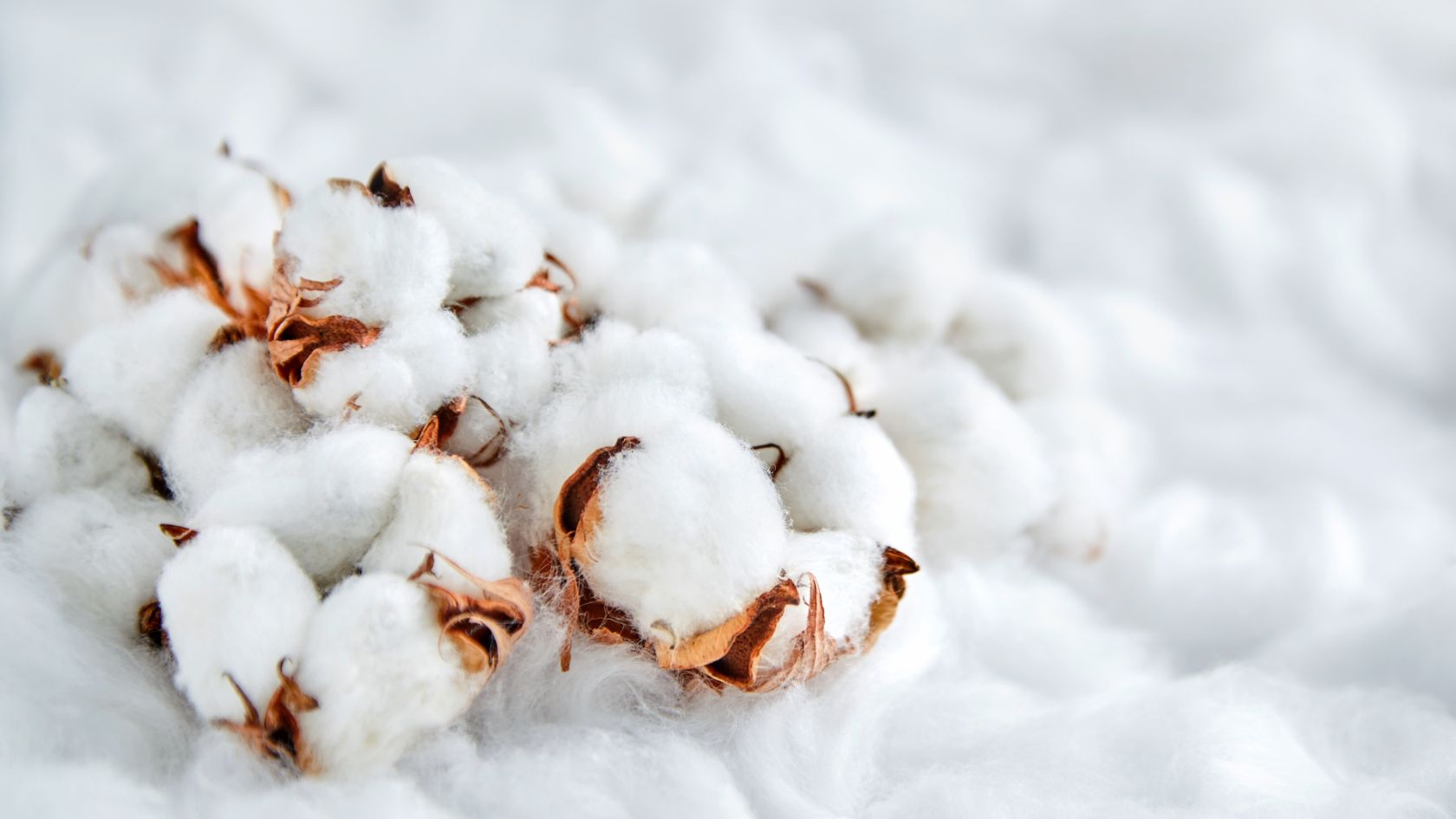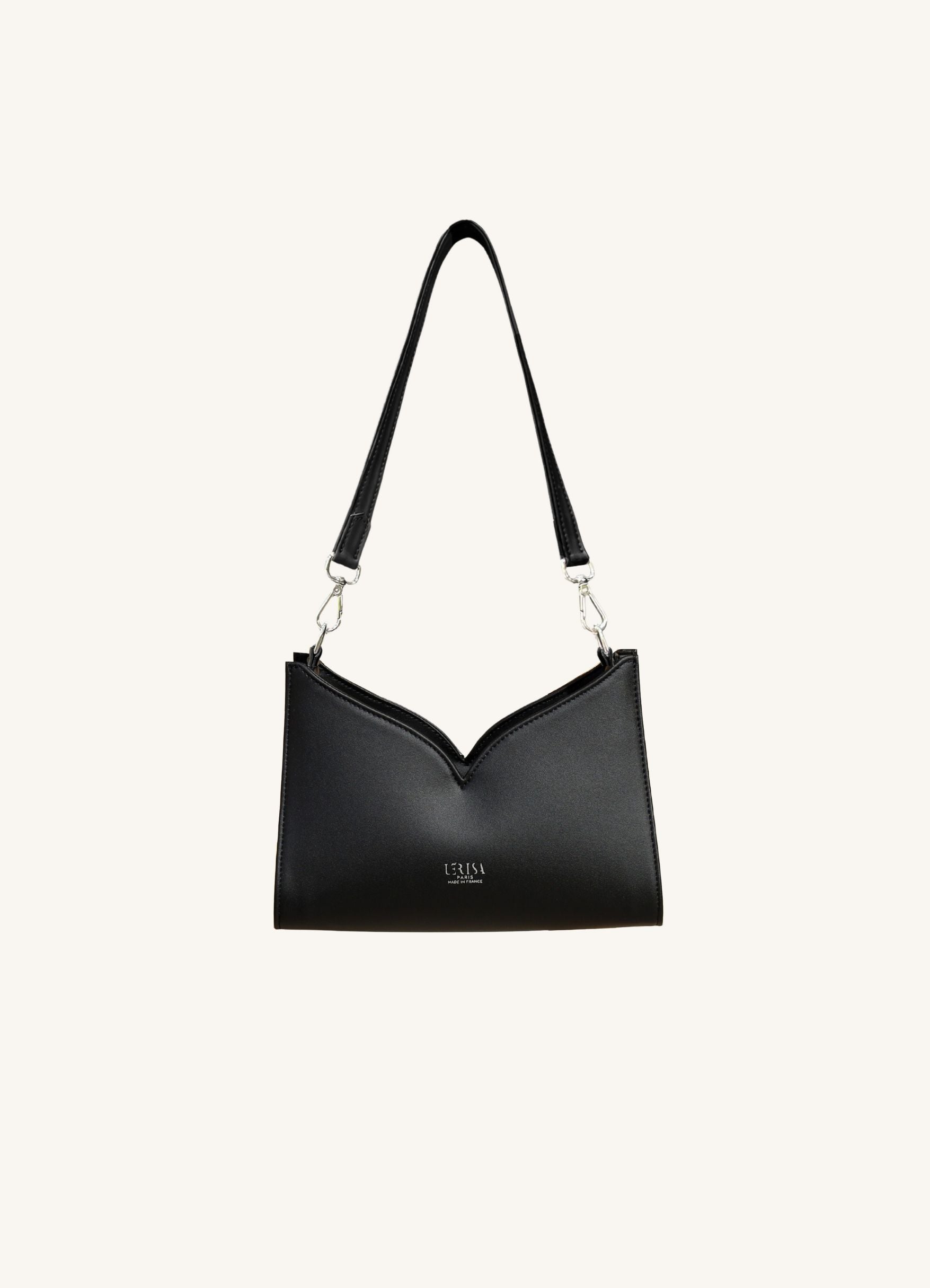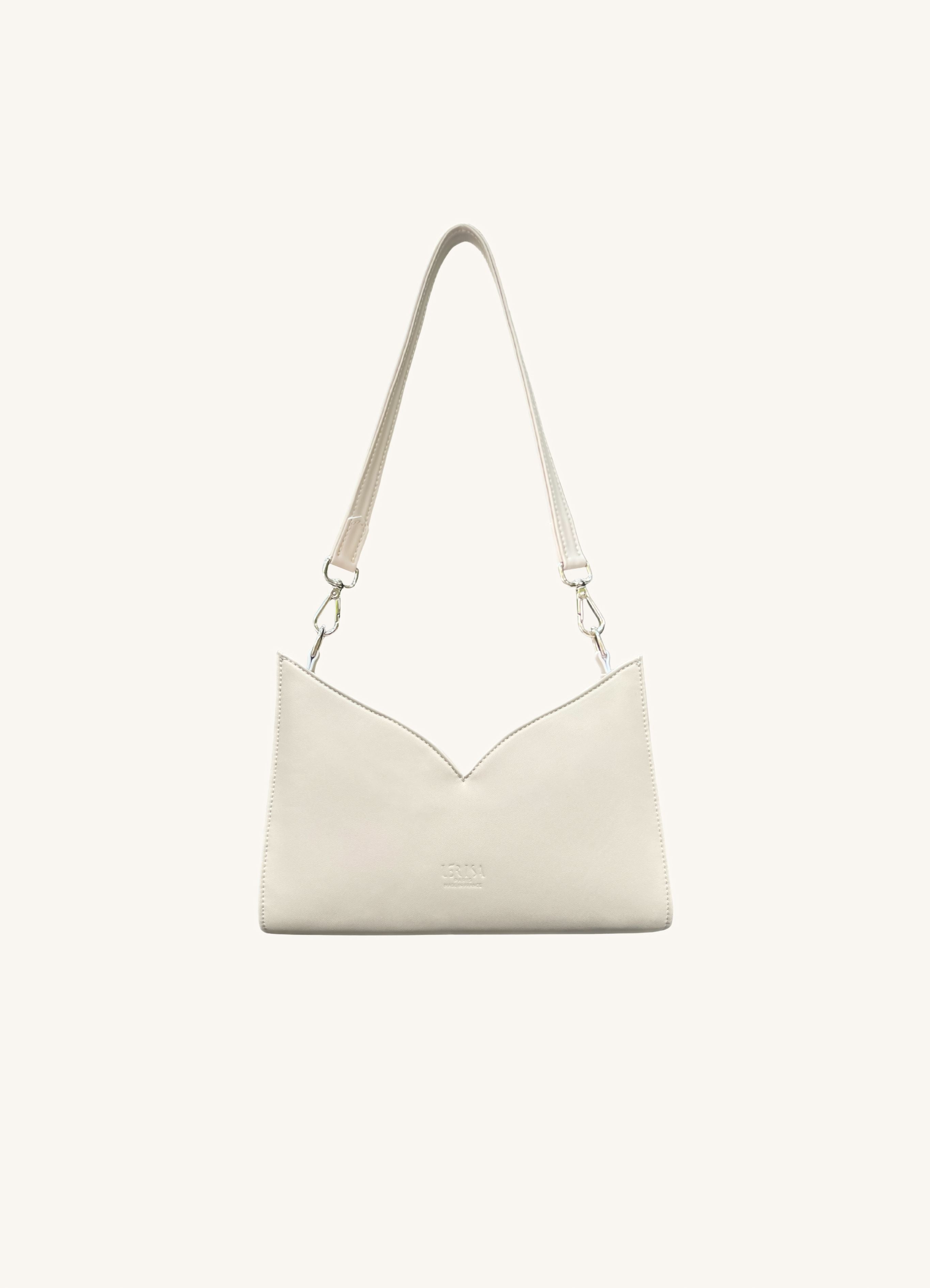Let's take a deep dive into the environmental impact of cotton in the fashion industry.
Responsible and ethical fashion is more than just a trend—it's a global movement. Consumers and brands are striving to reduce their environmental footprint , and one of the most iconic materials in the fashion industry is cotton . But is it really as bad for the environment as people say? In this article, we dive into the heart of the matter to discover the truth about cotton , its impact on the planet, and whether it can truly be considered eco-friendly and renewable.

Eco-friendly cotton: myth or reality?
The Hidden Side of Conventional Cotton
Conventional cotton , which accounts for the vast majority of cotton produced worldwide, has a significant environmental impact . For every kilogram of conventional cotton , it is estimated that up to 20,000 liters of water are used, making it one of the most water-intensive crops in the world. In addition, the intensive use of pesticides and chemical fertilizers has a negative impact on biodiversity and can lead to contamination of soils and waterways.
Water use in cotton cultivation is a crucial issue. Conventional growing practices require an impressive amount of water, putting local water resources at risk and contributing to water stress in some regions.

Certified Organic Cotton : An Eco-Friendly Alternative
Certified organic cotton addresses these concerns. To achieve organic certification, producers must adhere to strict standards that prohibit the use of chemical pesticides and synthetic fertilizers. They also adopt more sustainable water management practices. For example, the Organic Content Standard (OCS) and the Global Organic Textile Standard (GOTS) are two globally recognized certifications that guarantee the organic and ethical nature of textile products .
In 2020, global production of certified organic cotton reached approximately 244,000 tonnes, a 31% increase over the previous year, according to the Textile Exchange 's Organic Cotton Market Report. This growth demonstrates the growing demand for sustainable textiles.
The benefits of organic cotton are numerous. It promotes healthier soils, reduces reliance on chemicals, and contributes to the preservation of biodiversity. Additionally, it offers softer, hypoallergenic clothing for consumers.

Recycled cotton and sustainable innovations
In addition to organic cotton , the fashion industry is exploring other sustainable alternatives to conventional cotton . Recycled cotton , for example, reduces the demand for new fibers and helps reduce textile waste. According to the Sustainable Apparel Coalition, the production of recycled cotton saved approximately 1.5 billion liters of water in 2019.

Is there a more sustainable alternative to cotton?
Several sustainable alternatives to cotton are emerging in the world of responsible fashion. In addition to certified organic cotton, innovative materials such as Tencel, made from wood fibers sourced from sustainably managed forests, are gaining popularity. Similarly, hemp and linen are natural fibers that require less water and chemicals than conventional cotton. Additionally, textile recycling is gaining importance, with brands using recycled fabrics to reduce the demand for new raw materials. Choosing the best alternative depends on the specific needs of each project and the commitment to more environmentally friendly fashion.

The informed choice
Ultimately, cotton is neither entirely good nor entirely bad for the environment. It all depends on how it's grown, harvested, and processed . Certified organic cotton , with its strict standards and steady growth, is emerging as an alternative for environmentally conscious consumers. In 2020, sales of GOTS-certified textile products increased by 14% year-on-year, highlighting the growing demand for planet-friendly clothing.
In conclusion, organic cotton can be a viable option in the sustainable fashion industry, but it is essential to make informed choices to minimize its impact on the environment. The key lies in promoting responsible farming practices, innovation, and recycling, while continuing to educate consumers about the importance of responsible and ethical fashion.














Leave a comment